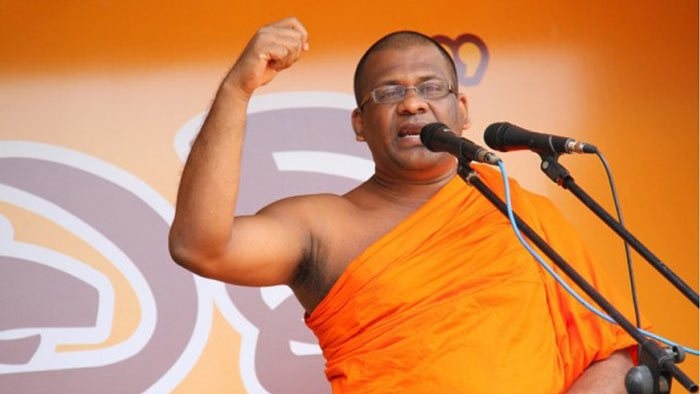Statement released by feminists from Sri Lanka, Bangladesh, Pakistan, Fiji, Malaysia and India, August 27, 2022
We are a group of feminists writing to call urgent attention to the extra-constitutional attempts of the Government of Sri Lanka (GoSL) to suppress dissent. Lacking a popular mandate, hunting down student protestors and activists, including a LGBTIQ activist has become a central strategy of the political élite to retain power. The latest move by the GoSL is to brand three student leaders and the student union they represent, the Inter University Student Federation (IUSF), as ‘terrorists’.
Wasantha Mudalige, Convenor of IUSF, Galwewa Siridhamma thero, Convenor of the Inter-University Bhikkhu Federation, and Hashan Jeewantha, a student activist, were among the 20 arrested on August 18, 2022, for participating in a peaceful protest led by the student movement. All three of them are prominent student leaders who have been at the forefront of struggles for socio-economic justice in Sri Lanka, particularly against numerous ongoing attempts to dismantle free education. Continue reading SL Govt – Stop Labeling Student Protestors and Activists as Terrorists! South Asian Feminists


 Household debt has plagued the North and East since the war ended in Sri Lanka. Activists and journalists have long highlighted the consequences of predatory credit and the devastating indebtedness faced by the war-torn people; from rural indebtedness, to debt accrued from the Indian Housing grants to the debt trap with lease hire purchasing.
Household debt has plagued the North and East since the war ended in Sri Lanka. Activists and journalists have long highlighted the consequences of predatory credit and the devastating indebtedness faced by the war-torn people; from rural indebtedness, to debt accrued from the Indian Housing grants to the debt trap with lease hire purchasing.

